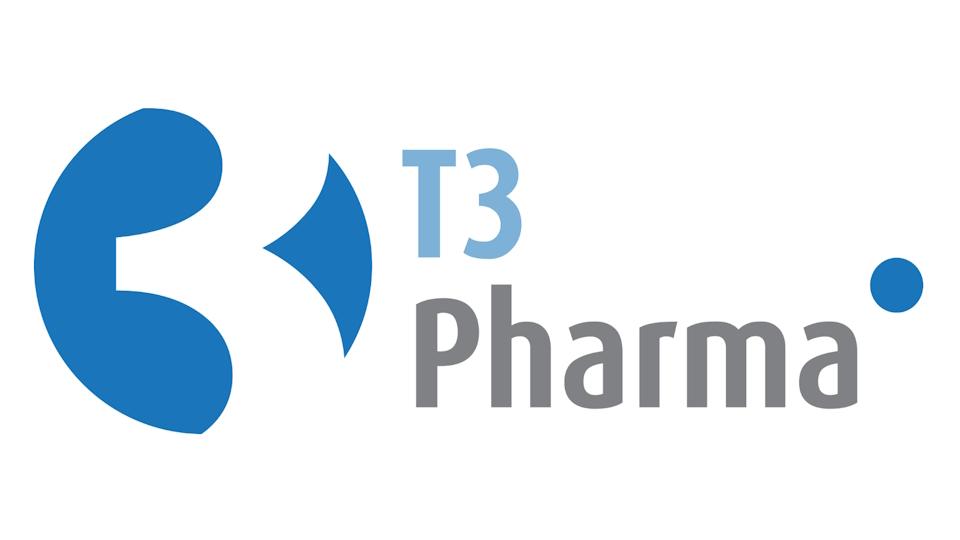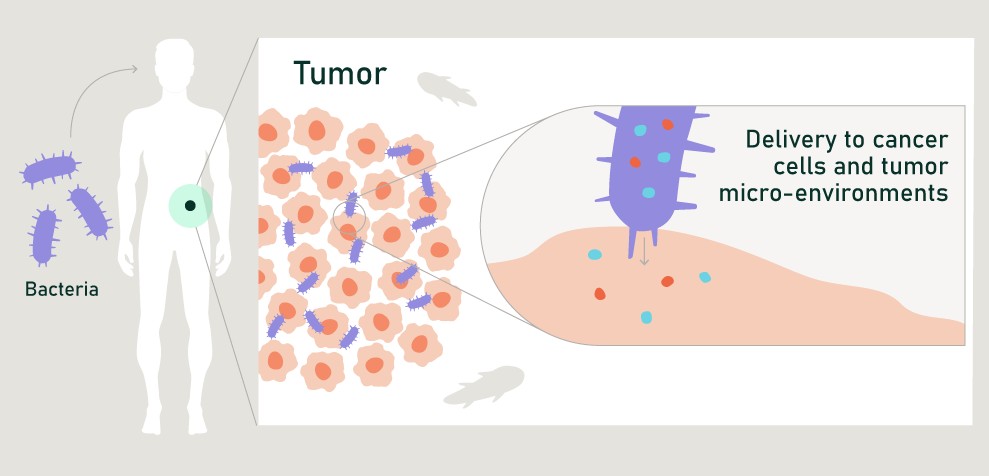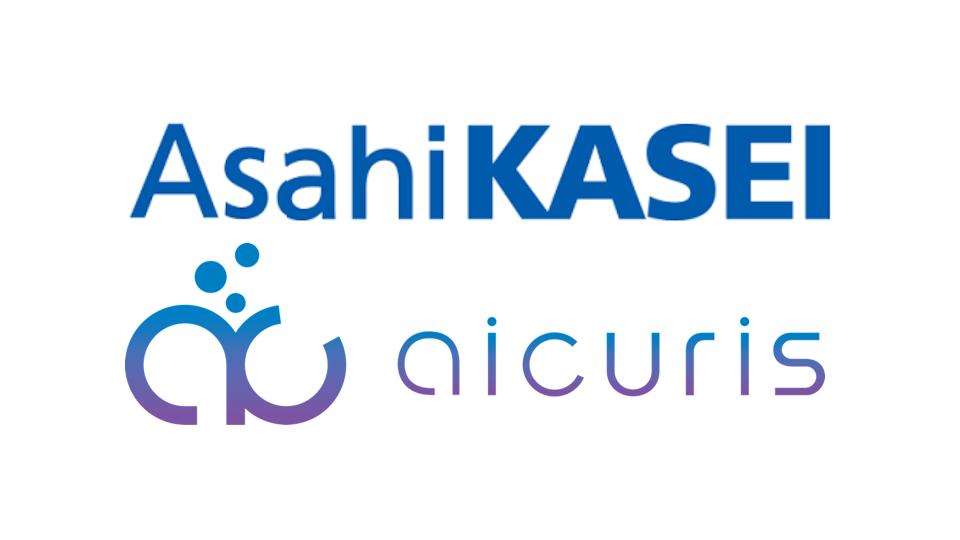Boehringer buys cancer immunotherapy firm T3 for $507m

Germany’s Boehringer Ingelheim has made a move to expand its cancer pipeline via a takeover of T3 Pharma, a spinout from the University of Basel in Switzerland.
The pharma group is paying CHF 450 million (around $507 million) for the privately-held biotech, which was formed to develop a platform that uses live bacteria to deliver therapeutic, immune-modulating proteins locally to tumours.
The bacteria are genetically engineered to colonise solid tumours, binding to cells and delivering a bioactive payload into them, using a ‘nano-syringe’ based on the bacterial type 3 secretion system. It can deliver proteins that inhibit cancer growth directly or indirectly via the immune system.

The approach also relies on the premise that, while an immune response will kill the bacteria in healthy tissues, the immunocompromised tumour microenvironment will allow them to flourish and exert their effects. That, in turn, should reduce off-target toxicity.
Allschwill-based T3 Pharma has taken one therapeutic based on the technology into the clinic. T3P-Y058-739 is a genetically modified strain of the bacterium Yersinia enterocolitica that has been modified to prevent it from being pathogenic and to enable it to micro-inject surrounding human cells with two human immunomodulatory proteins, RIG-I CARD and cGAS, that stimulate the production of type 1 interferons.
It is currently in a phase 1 study investigating injections of the drug into the tumour – initially twice a week for four weeks – with a second stage that will test injections every two weeks over six months of follow-up.
“The acquisition of T3 Pharma will significantly expand our immuno-oncology pipeline portfolio and is synergistic with many of our existing R&D programmes,” said Boehringer’s head of innovation, Michel Pairet.
The pharma group has made immuno-oncology a pillar of its R&D strategy, advancing into the area on a broad front, with platforms such as T-Cell engagers (TcEs), oncolytic viruses, and cancer vaccines that are designed to switch ‘cold’ tumours – those resistant to the immune response – to ‘hot’, making them vulnerable to immunological attack.
“This will bring us closer to achieving our vision of driving a paradigm shift in cancer care treatments,” said Pairet. The deal is the latest in a series of pipeline-boosting agreements for Boehringer, coming after the group bought Abexxa Biologics and NBE-Therapeutics, formed a strategic alliance with Enara Bio, and took an option to acquire Trutino Biosciences.
T3 Pharma spun out of the Biozentrum Center for Molecular Life Sciences at the University of Basel in 2015 and has completed three funding rounds in 2016 (undisclosed), 2019 (CHF 12 million), and 2020 (CHF 25 million) to fund the development of its platform.
“We are extremely proud of the work of T3 Pharma’s team and very excited to continue and accelerate the successful development of our bacterial delivery platform as part of Boehringer Ingelheim,” said Simon Ittig, CEO of T3 Pharma.
“Being integrated with our partners at Boehringer will enable us to realise the full potential of our platform to fight solid cancers.”













